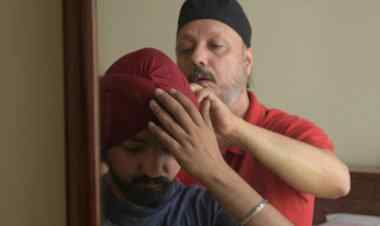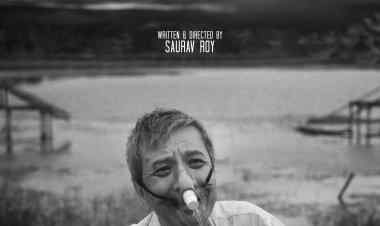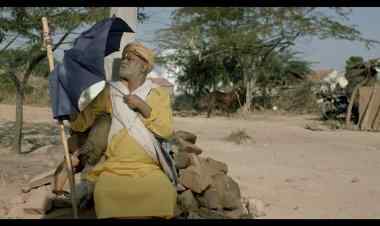MADITHATTU – IN THE LAP: AN EMOTIONALLY MOVING FILM ON INTELLECTUALLY CHALLENGED GIRLS BY GOPAL MENON
Dr. Shoma A. Chatterji provides an interview-centered critique of the short film "Madithattu" (In the Lap), directed by filmmaker and social activist Gopal Menon.
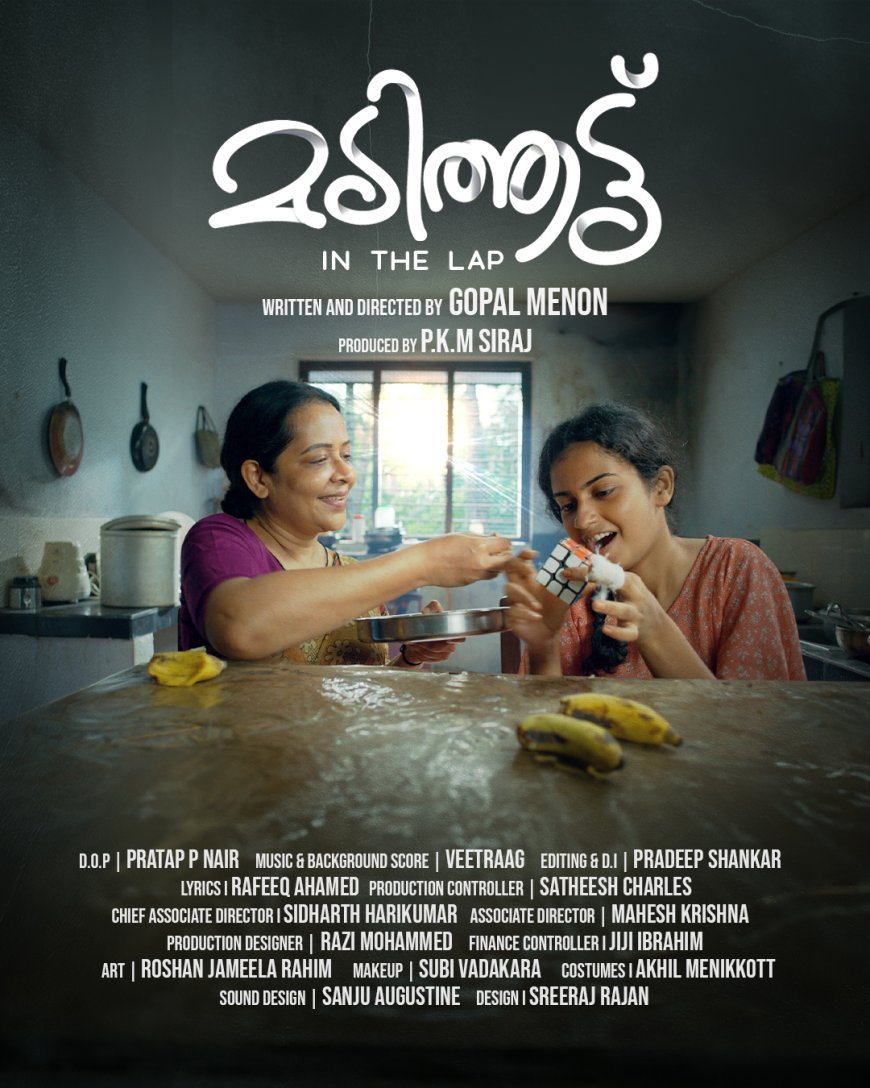
The problem of intellectually challenged children is not seen often in Indian cinema. How does a single mother cope with the problem of taking care of a teenage daughter who is intellectually challenged? This is a more fragile situation. This, in sum, is the story of the film Madithattu (In the Lap) directed by filmmaker and social activist Gopal Menon. Gopal Menon is an award winning, independent, Indian documentary filmmaker known for his people-oriented, both activist and creative documentaries, in short and feature length genres. He has made films on violence, religious fundamentalism, ethnic cleansing, nationality question, sexuality, state repression, human rights, environment, and caste.
Answering the query on what sparked in him the idea of this film, Menon says, “I met the producer of this film PKM Siraj who runs Humanity Charitable Trust and who has been working in this field, running schools for the intellectually challenged, for more than 27 years now and he basically proposed the idea to make a documentary to create awareness on this issue. Siraj's personal experience revealed that the number of suicides by parents after killing their own children with intellectual disabilities has risen exponentially. There are no official records as the crime records bureau does not classify these incidents separately. Dr. M. K Jayaraj, the Kerala Government's one man commission on intellectual disability, PKM Siraj and myself conducted a thorough analysis of all the families where such murder-suicides were happening. We agreed that to find out a social solution, we needed to work with organisations and people who support them to survive such situations and to become defenders from being victims and survivors.”
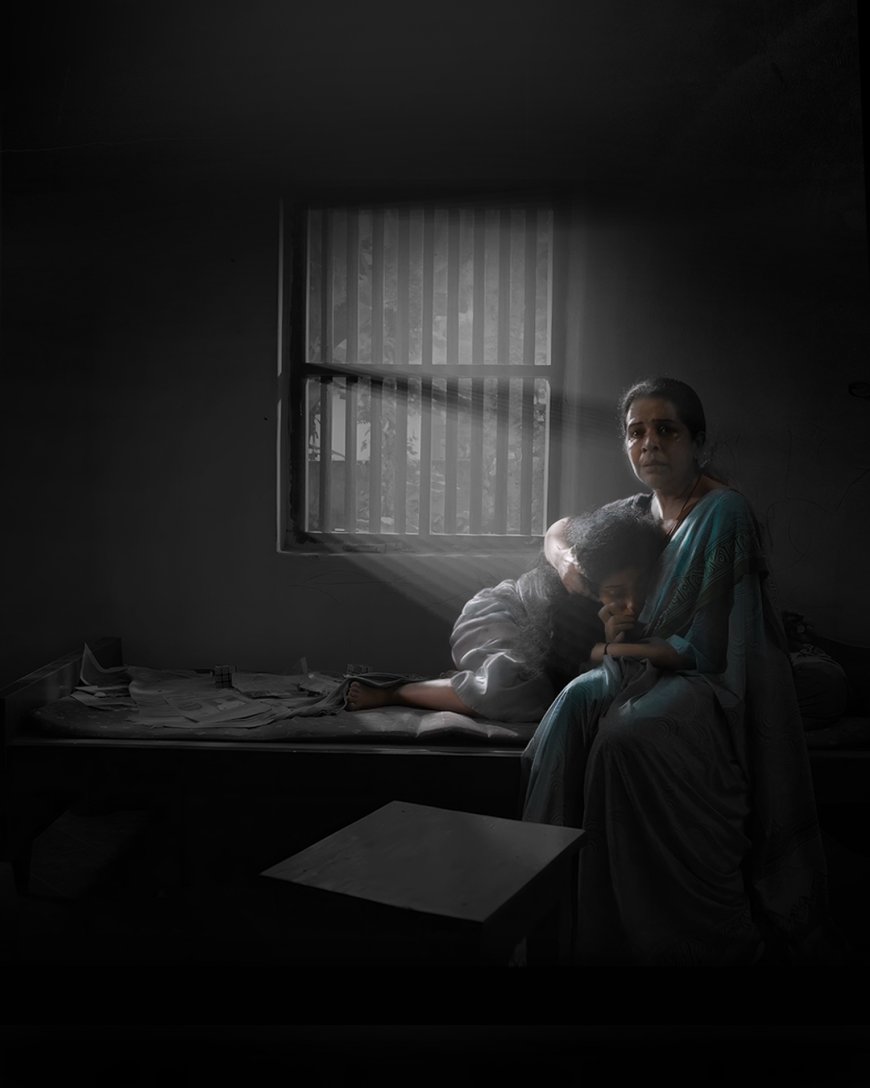
Image: Film still. Image Courtesy : GOPAL MENON.
The film per se, deals with a single mother, Shobhana (Devi Ajith) who works as a domestic maid as her husband has deserted the family and left her to fend for her daughter Sangeetha, (Sreelakshmi Pukkad) 14, a severe case of an intellectually challenged child. The daughter is fond of chocolates and loves to play with the Rubik’s cube. When her mother leaves for work, she has to leave Sangeetha with her hands tied to the railings of the window sill or a foot tied to the door. But she is a teenager, an adolescent and vulnerable to molestation and rape by the ruffians of the neighbourhood who keep an eye on her mother’s movements. How does the helpless mother resolve her problem and what happens to the young girl makes for a positive twist in the story. At first, the mother requests a gynaecologist to have her daughter’s uterus removed. This cannot happen because she is only 14 and the law does not allow this for minor girls. Then, she decides to first poison the girl and then kill herself. But in the nick of time, a social worker arrives and saves the lives of the mother and daughter.
Cinematically, the film stands out because of the amazing performance of Sreelakshmi Pookkad who is a normal young lady asked to perform the role of an intellectually challenged teenager who has no knowledge of what to do when she menstruates. Devi Ajith as her mother also does extremely well as the constantly struggling and pained mother. The film also underlines how blame is often placed on girls or women who are molested and raped while the abusers manage to flee. Says Menon, “The film explores how women behave with each other in such times of crisis in terms of support, financial help or even being the caregiver of the predator. Despite the tough situation, the film conveys hope through support from fellow people and organizations for mothers and other caregivers of children with disabilities in need.”
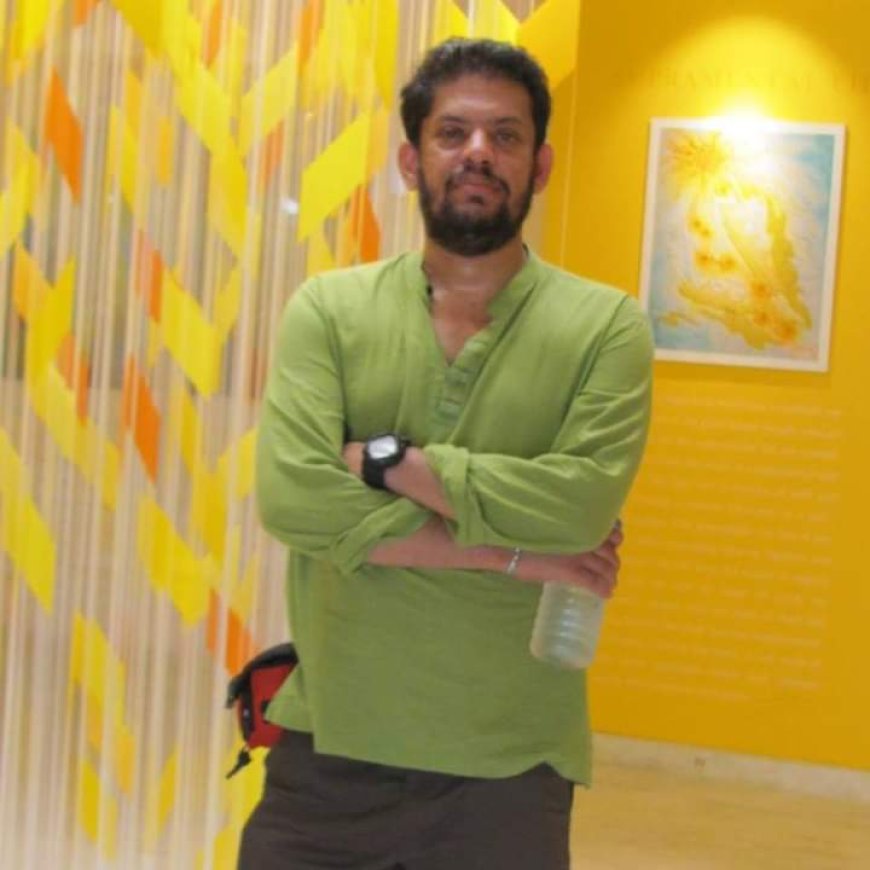
Image : Director GOPAL MENON
“The name in Malayalam is Madithattu which means "on the lap". But we have chosen "in the lap" for a couple of reasons. In the film, the mother decides to kill her teenage daughter who goes through sexual harassment. This pivotal decision happens in a scene when the daughter is being comforted and the mother says-" You came from my lap and let your end also be in my lap" which sounds tragic but makes sense to the mother” explains Menon. This poetic moment serves as a reminder of all the mental trauma parents of intellectually challenged children go through. And hence the title seemed apt. The scene when Sangeetha’s mother serves her some fried rice she has bought home and then takes out a small bottle to keep it beside the plate, captures a poignant moment in the life of the pained mother while at the same time, pointing at the innocence of Sangeetha.
In terms of the aesthetics, the director has kept the script and the directorial treatment free of melodramatic moments because the audience spontaneously finds its heart moving out to touch the affected and helpless girl who has no clue who she is and what she needs to do with her body and mind. The music is low key and the cameo characters like the ill-clad helper in the neighbouring grocer’s shop have been fleshed out and performed with conviction. The auto driver is quite empathetic with the mother while a neighbor asks the mother to take the daughter in a cab as she tends to disturb them, never mind that she is not aware of what she is doing.
Says Menon, “This film was born out of a desire to create awareness of such facilities to families facing these issues in their life bravely but unable to take logical decisions because of their personal emotional stakes,” adding, “As documentary film-makers, we tend to concentrate more on the content than the form. But I think for this subject, we have to adapt and come up with interesting forms of storytelling to create the awareness of even truth. As a political film-maker, an Indian citizen and moreover a human being, this change in creative interference feels like my moral responsibility to reach a larger audience. I was an activist film-maker. Now I am an activist and a film-maker.”
And on that note, we part.
***
What's Your Reaction?





















































